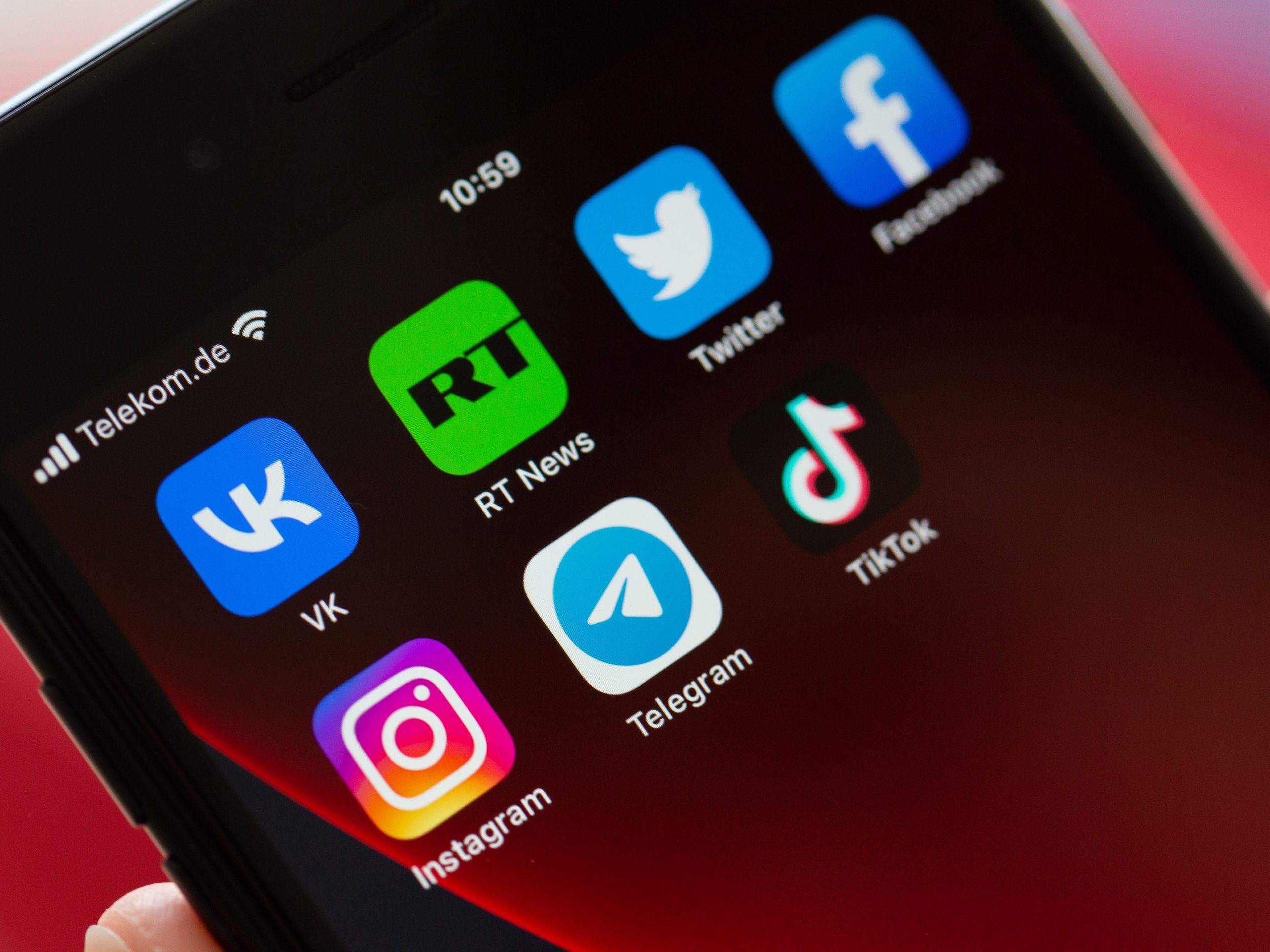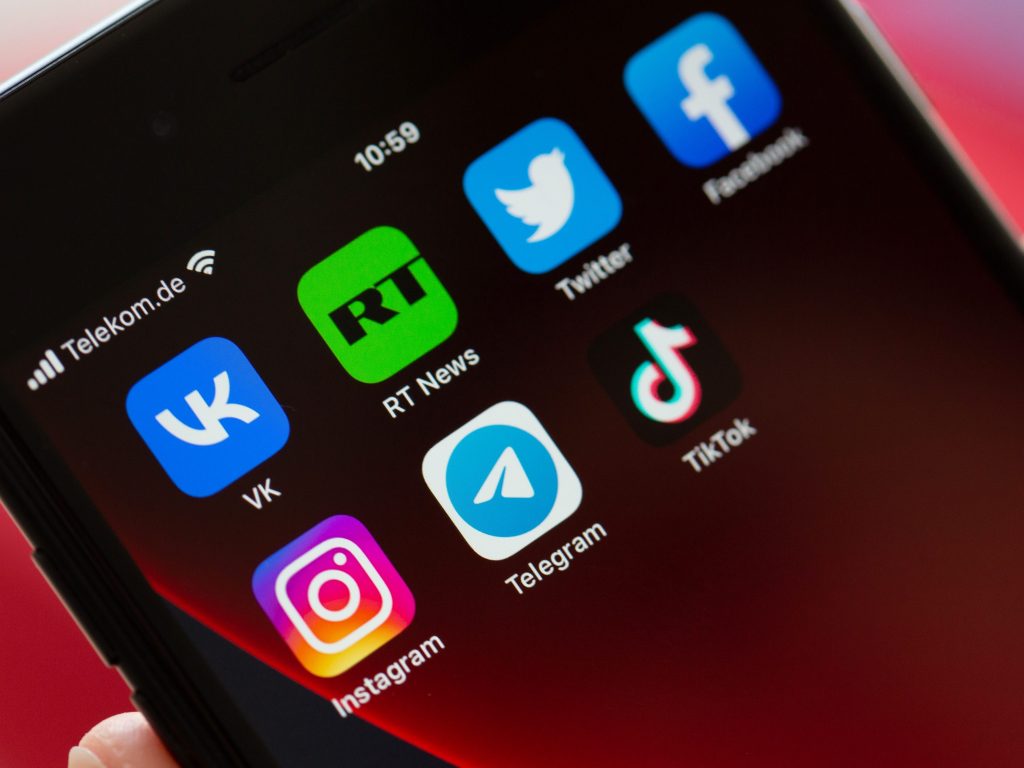
- TikTok suspended all livestreaming and content sharing in Russia on Sunday.
- The policy is a response to Russia's new "fake news" law, which threatens imprisonment for sharing content authorities consider "false."
- The ban comes after several media organizations pulled services from Russia after the law was enacted.
TikTok has suspended all live-streaming and content sharing in Russia in response to the country's "fake news" law, a policy passed Friday that threatens imprisonment for sharing what authorities there consider to be false information.
The social platform on Sunday made the announcement in a post on its website, writing that while it views itself as a "source of relief and human connection during a time of war when people are facing immense tragedy and isolation," it had "no choice" but to suspend content in Russia in light of the legislation.
"Our highest priority is the safety of our employees and our users, and in light of Russia's new 'fake news' law, we have no choice but to suspend livestreaming and new content to our video service in Russia while we review the safety implications of this law," the company said.
TikTok said it does not know when it plans to reinstate video sharing in the country, but that it "will continue to evaluate the evolving circumstances in Russia to determine when we might fully resume our services with safety as our top priority."
The decision comes after several media organizations, including BBC, CNN, and Bloomberg, suspended service in Russia in response to the crackdown on the free press. According to The Committee to Protect Journalists, reporters could face up to 15 years for sharing content that refers to Russia's invasion of Ukraine as "war" or for sharing articles authorities consider to be "false."
Prior to suspending services in Russia, TikTok announced earlier this week that it "dedicated significant resources to developing and enforcing new protective measures" designed to better fight against misinformation.
"We remain focused on preventing, detecting, and deterring influence operations on our platform and our systems help us identify, block, and remove inauthentic accounts, engagement, or other associated activities on TikTok," the company said.

